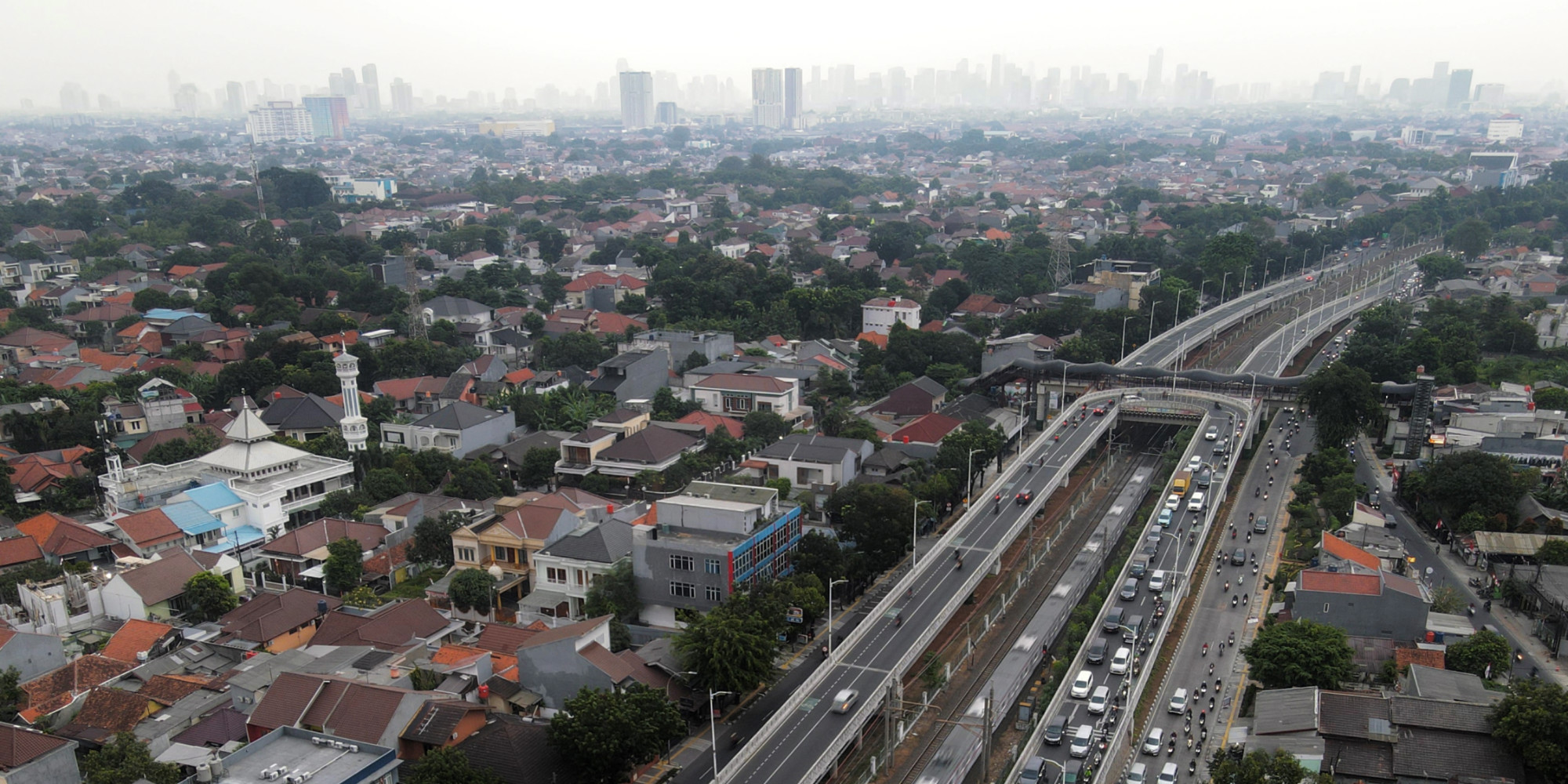Thousands of civil servants in the Indonesian capital have been asked to work from home starting Monday as part of a government project to improve the city’s air quality, according to an official memo. According to the regional civil service agency, the city of Jakarta employed nearly 50,000 people in July.
Thousands of civil servants in the Indonesian capital have been asked to work from home starting Monday as part of a government project to improve the city’s air quality, according to an official memo. According to this government text, a copy of which was consulted by AFP, this project has two objectives: to reduce traffic jams in Jakarta during the summit of the Association of Southeast Asian Nations (ASEAN) on 4 to September 7, and “reduce air pollution levels” in the Indonesian capital.
Under the telework scheme, half of the civil servants employed by the Jakarta administration have been asked to work from home starting Monday for a period of two months. According to the regional civil service agency, the city of Jakarta employed nearly 50,000 people in July.
Jakarta, occasionally the most polluted city in the world
Jakarta and its conurbation of some 30 million inhabitants recorded a level of PM2.5 fine particles higher than very polluted cities such as Riyadh, Doha or Lahore in Pakistan recently. But environmentalists accuse the industrial areas and coal-fired power stations that surround the capital of largely contributing to the toxic smog that is suffocating it. Allegations rejected by the government, which believes that the recent worsening of air pollution is mainly due to weather conditions and traffic.
According to government data, vehicle emissions account for 44% of pollution in Jakarta, followed by the energy sector with a 31% share and the manufacturing industry with 10%. The capital of the Southeast Asian archipelago was punctually the most polluted city in the world for four days in early August, according to the air quality monitoring company IQAir.
